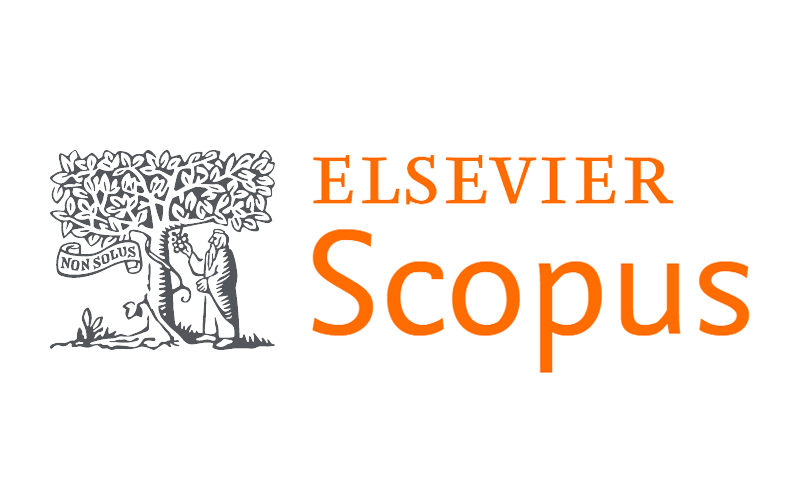Factors that influence parental and caregiver acceptance of routine childhood vaccination: Summary of a qualitative evidence synthesis
DOI:
https://doi.org/10.7196/SAMJ.2022.v112i12.16766Keywords:
South Africa, public healthAbstract
We summarise a Cochrane review of qualitative evidence that explored parents’ views and practices around routine childhood vaccination, and provide implications for research and practice that are relevant to the South African (SA) context. Many public health interventions to encourage vaccination are informed by an assumption that vaccine hesitancy is due to a lack of knowledge or irrational forms of thinking. The findings from this review suggest that childhood vaccination views and practices are complex social processes that are shaped by multiple factors and carry a variety of meanings. As such, we suggest that biomedical approaches must be supplemented by more nuanced and sociopolitically informed strategies for enhancing and sustaining childhood vaccination practices in SA.
References
Cooper S, Schmidt BM, Sambala EZ, et al. Factors that influence parents’ and informal caregivers’ views and practices regarding routine childhood vaccination: A qualitative evidence synthesis. Cochrane Database Syst Rev 2021;10:CD013265. https://doi.org/10.1002/14651858.CD013265.pub2
Centers for Disease Control and Prevention. Ten great public health achievements ‒ United States, 1900-1999. Morb Mortal Weekly Rep 1999;48(12):241-243. https://doi.org/10.1001/jama.281.16.1481 3. Wiysonge CS, Ngcobo NJ, Jeena PM, et al. Advances in childhood immunisation in South Africa:
Where to now? Programme managers’ views and evidence from systematic reviews. BMC Pub Health
;12:578. https://doi.org/10.1186/1471-2458-12-578
Oduwole EO, Laurenzi CA, Mahomed H, Wiysonge CS. Enhancing routine childhood vaccination
uptake in the Cape Metropolitan District, South Africa: Perspectives and recommendations from
point-of-care vaccinators. Vaccines 2022;10(3):453. https://doi.org/10.3390/vaccines10030453
Larson HJ, Jarrett C, Eckersberger E, Smith DM, Paterson P. Understanding vaccine hesitancy around vaccines and vaccination from a global perspective: A systematic review of published literature, 2007 -
Vaccine 2014;32(19):2150-2159. https://doi.org/10.1016/j.vaccine.2014.01.081
World Health Organization Strategic Advisory Group of Experts on Immunisation. Assessment report of the Global Vaccine Action Plan. Geneva: WHO, 2018. http://www.who.int/immunization/sage/
meetings/2018/october/2_Draft2018GVAP_Ass_Rep.pdf?ua=1 (accessed 1 November 2019).
Cooper S, Okeibunor JC, Wiyeh A, Wiysonge CS. Knowledge advances and gaps on the demand side
of vaccination. Lancet Infect Dis 2019;19(1):13-15. https://doi.org/10.1016/S1473-3099(18)30733-3
Dube E, Gagnon D, MacDonald N, Bocquier A, Peretti-Watel P, Verger P. Underlying factors impacting vaccine hesitancy in high income countries: A review of qualitative studies. Expert Rev Vaccines
;17(11):989-1004. https://doi.org/10.1080/14760584.2018.1541406
Joska JA, Rabie S, Sibeko G. Changing minds: A behavioural approach to vaccine hesitancy. S Afr Med
J 2022;112(2):66-67. http://doi.org/10.7196/SAMJ.2022.v112i2.16301
Leach M, Fairhead J. Vaccine Anxieties ‒ Global Science, Child Health and Society. London: Earthscan,
Attwell K. The politics of picking: Selective vaccinators and population-level policy. SSM Popul Health
;14(7)100342. https://doi.org/10.1016/j.ssmph.2018.100342
Sobo EJ. Social cultivation of vaccine refusal and delay among Waldorf (Steiner) school parents. Med
Anthropol Q 2015;29(3):381-399. https://doi.org/10.1111/maq.12214
Heywood M. South Africa’s Treatment Action Campaign: Combining law and social mobilisation to
realise the right to health. J Human Rights 2009;1:14-36. https://doi.org/10.1093/jhuman/hun006
Downloads
Published
Issue
Section
License
Copyright (c) 2022 S Cooper, B-M Schmidt, A Swartz, C J Colvin, N Leon, EZ Sambala, A Jaca, N Gloeck, N Pillay, T Kredo, C Wiysonge

This work is licensed under a Creative Commons Attribution-NonCommercial 4.0 International License.
Licensing Information
The SAMJ is published under an Attribution-Non Commercial International Creative Commons Attribution (CC-BY-NC 4.0) License. Under this license, authors agree to make articles available to users, without permission or fees, for any lawful, non-commercial purpose. Users may read, copy, or re-use published content as long as the author and original place of publication are properly cited.
Exceptions to this license model is allowed for UKRI and research funded by organisations requiring that research be published open-access without embargo, under a CC-BY licence. As per the journals archiving policy, authors are permitted to self-archive the author-accepted manuscript (AAM) in a repository.
Publishing Rights
Authors grant the Publisher the exclusive right to publish, display, reproduce and/or distribute the Work in print and electronic format and in any medium known or hereafter developed, including for commercial use. The Author also agrees that the Publisher may retain in print or electronic format more than one copy of the Work for the purpose of preservation, security and back-up.





